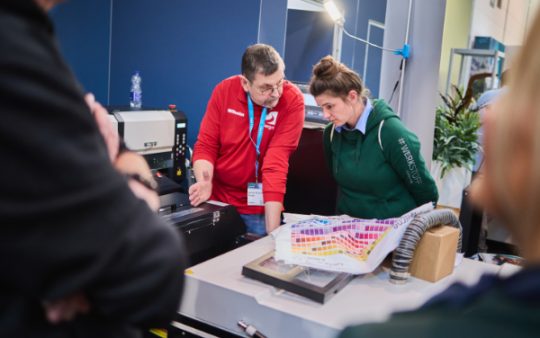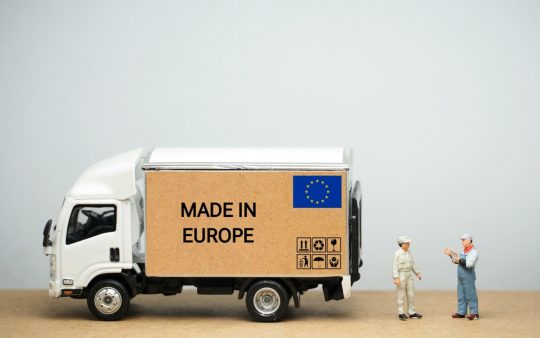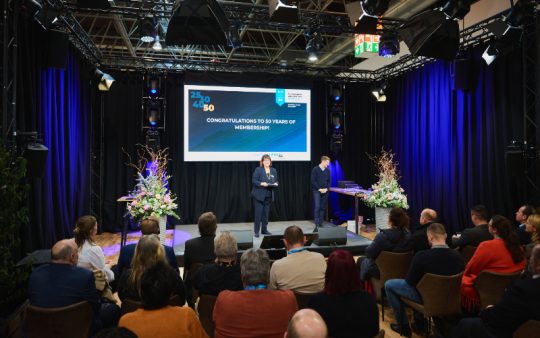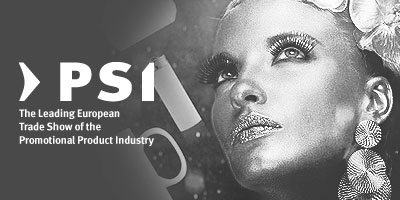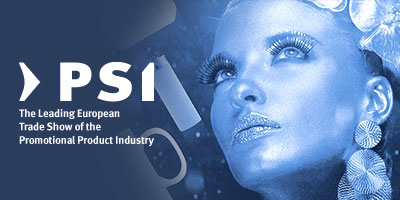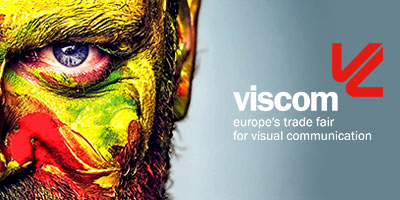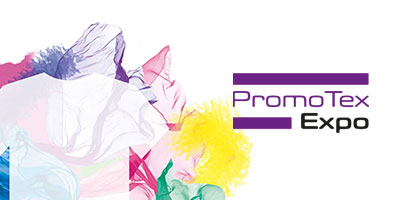Sustainability trends at PromoTex Expo 2020

Published on 21.01.2020
A whole host of exhibitors highlighted the many different facets of the megatrend sustainability at the recent PromoTex Expo. More and more textile companies are following the trend and delivering on their responsibilities in this area by, e.g. switching to sustainable materials and converting production of individual garments or whole collections to organic cotton or recycled polyester. New “textiles” made of processed paper or cork are also adding to the range of different sustainable resources currently available, particularly in the area of bags. Furthermore, new production and dyeing methods are being adopted in the world of advertising, e.g. dope-dyeing is increasingly being used for synthetic fibres. This process entirely eradicates the need to dye garments because the pigments are already incorporated into the fibres and filaments during the spinning process, thus saving energy and, above all, water.
Sustainability has also become a powerful sales argument and signifies greater awareness in the field of advertising and corporate products. Moreover, just because something is green does not necessarily mean to say that it has to cost the earth – textile manufacturers often succeed in keeping costs down by producing larger runs or using a more minimalist design. As Andreas Schumann of the German umbrella manufacturer Fare says, “I’m absolutely certain that the minimum required run for many sustainable materials will fall as demand increases in future. Fabric will become cheaper and the range of choice greater.” Certification is also playing an ever greater role as sustainability becomes more and more important as a sales argument. The most common certificate issued at the moment is the Global Organic Textiles Standard (GOTS) which certifies use of biologically produced natural fibres, but is primarily used for cotton today. Other widely used certificates include the Fair Trade Seal and recycling standards such as the Global Recycled Standard (GRS). A recent addition in 2019 was the German Government’s Green Button scheme which Brands Fashion, for example, has chosen as its certifying authority.
High quality, long-lasting prestigious products are very much in demand today, providing a niche for upscale collections like those made by the Canadian outdoor label Arc’Teryx. As Josh Banks of Arc’Teryx says, “Premium brands want products that reflect their own image”. Banks sees demand increasing in Germany in particular. Nevertheless, longevity and durability also have a downside, at least according to, amongst others, Swedish corporate fashion specialist Tailor. Tailor suits can be washed in a washing machine and last for many years, meaning that they do not need to be replaced as frequently. As David Berar from Tailor explains, “Not all companies want this and prefer to buy cheaper clothing that needs renewing earlier.
The British company Mantis World is a pioneer in the field of sustainable clothing and uses digital aids to win over customers. They print QR codes on the labels of their entire bio-cotton collection so that consumers can immediately see how and where the garment was produced. According to Laura Parrott of Mantis World, “The data we have collected reveals that customers really are very interested in such matters, and that is an important argument for us.”


